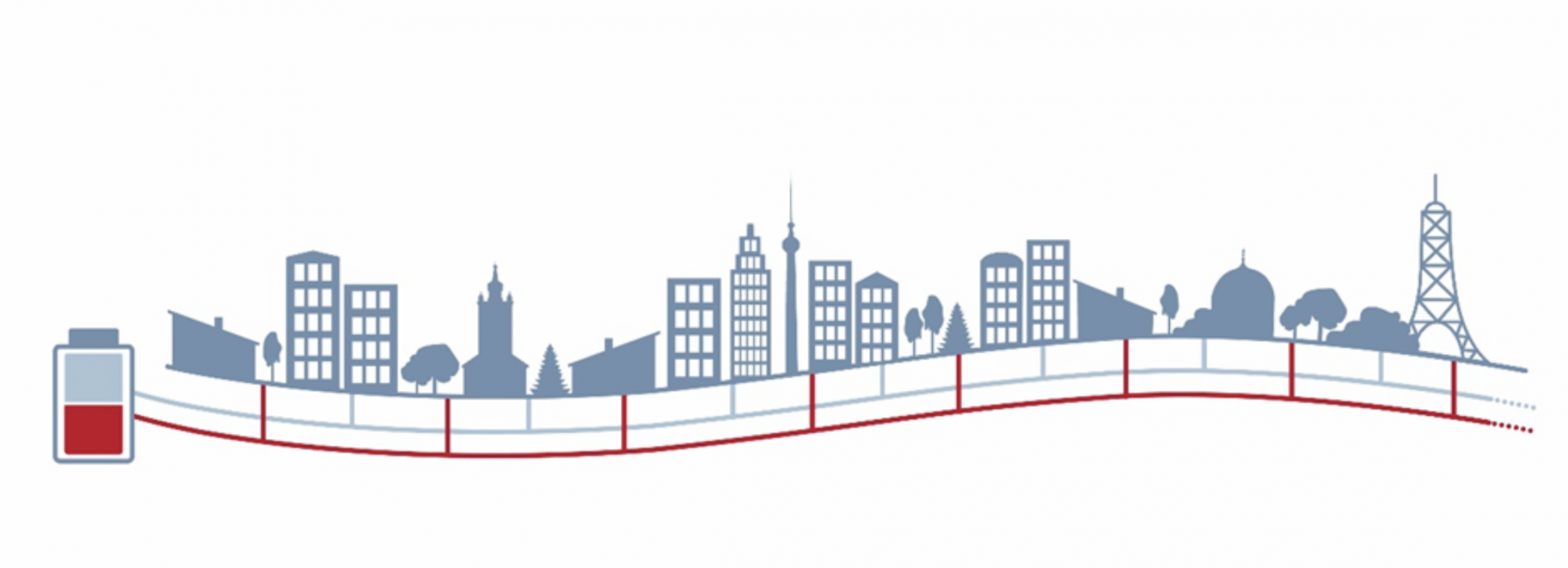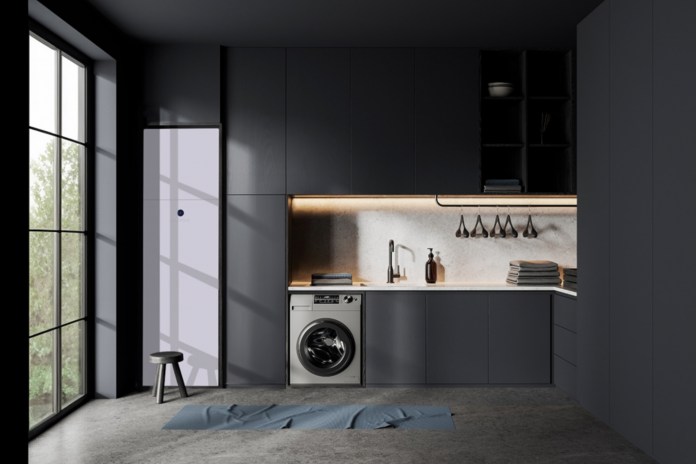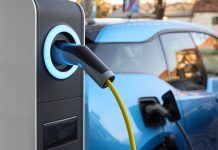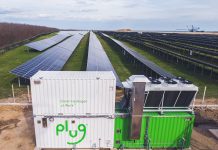Swedish heat pump company Qvantum is developing renewable energy sources to shape a more reliable and efficient future for the electricity grid
As society rapidly electrifies, variable renewable energy sources like solar and wind power are playing an increasingly significant role in the energy mix. This shift has contributed to fluctuating electricity prices, necessitating innovative solutions. One way to address the issue is the provision of flexible electricity prices that reflect oversupply and scarcity. If this flexibility is given a value, users of such tariffs can optimise their electricity cost while contributing to a more stable electric grid.
Qvantum, a Swedish heat pump company, offers heat pumps and systems that can benefit from such an opportunity to provide renewable heating and cooling in an economically and ecologically efficient way.
Qvantum’s heat pumps have single family, multi-family and commercial applications. The energy source for the heat pumps is either ambient energy from air, water or ground or excess energy from buildings, sewers, data centres and others. In the case of multi-family buildings, the energy is fed to the heat pump through an ambient loop, also known as energy grid or thermonet. It is a water-based loop connecting many individual heat pumps, one installed in each apartment, providing heating, cooling and hot water to the tenants.
All Qvantum heat pumps use a smart interface and generative AI to provide balancing services to the electric grid. The Qvantum systems store electricity in the form of molecules and can shift demand from times of shortage to times of surplus. Buildings equipped with these systems become active elements in an increasingly decentralised electricity grid powered by renewable energy sources.

Renewable, energy efficient, smart
While high seasonal efficiency remains essential for a good heat pump solution, today’s users also expect economic efficiency. This is achievable with today’s technologies. Heat pumps, using a flexible electric tariff, potentially combined with self-generated electricity from rooftop solar and combined with electric and thermal batteries can optimise the operating hours to optimise cost while maintaining consumer comfort. A smart controller evaluates user behaviour, weather data and comfort expectations and decides when to operate the heat pump to maximise the use of low-price electricity and avoid peak hours.
A fleet of these systems can provide a form of “synthetic inertia,” mimicking the stabilising effect of traditional power plants, which becomes a crucial function as variable renewable energy sources become more prevalent.
During periods of low electricity prices and ample supply, Qvantum’s system can be “overcharged” to store heat at temperatures of up to 90 degrees Celsius, allowing for its later use. Additionally, their inverter-controlled heat pumps allow to maximise technical efficiency. All these functionalities are seamlessly integrated into Qvantum heat pumps. They are not an extra, but part of the standard design.
Collective power: Heat pumps working together
Qvantum’s heat pumps are designed to work collaboratively, either through their own software or via open APIs with third-party solutions. This collaborative approach significantly amplifies their impact. By controlling a swarm of heat pumps, differences of demand can be reduced. Conversely, when renewable energy sources like wind or solar generate excess electricity, Qvantum’s heat pumps can act as buffers, storing the surplus to meet future energy needs. By assisting the grid in managing both peak and low demand periods, these pumps pave the way for a novel electricity economy where individual households and society as a whole benefit from interconnected and efficient energy management.
“Suppose that 1,000 heat pumps are shut down at the same time, we are talking about a reduced power requirement of several megawatts, which makes a big difference for a city with increased electricity. Qvantum’s new heat pump platform is designed for the heat pump to be an active node in the grid that helps the grid and creates more space for renewable energy in the production mix. It is also very profitable for our customers when they allow their heat pumps to become part of the new energy markets for flexibility and frequency stabilisation that are now growing,” says Fredrik Rosenqvist, CEO Qvantum Energy.
Embracing challenges and creating opportunities
Qvantum acknowledges the challenges presented by a transitioning energy landscape but views them as opportunities for innovation. Their commitment to developing smart and sustainable energy solutions positions them as a key player in shaping a more reliable and efficient future for the electricity grid and with the mission to make the energy transition available for the many people.
*Please note: This is a commercial profile
Contributor Details
More About Stakeholder
-
Qvantum Energi ABL: Providing innovative heating designs
Examining Qvantum, the fast-growing innovative company that has developed and produced high-quality heat pumps and energy systems since 1993.













